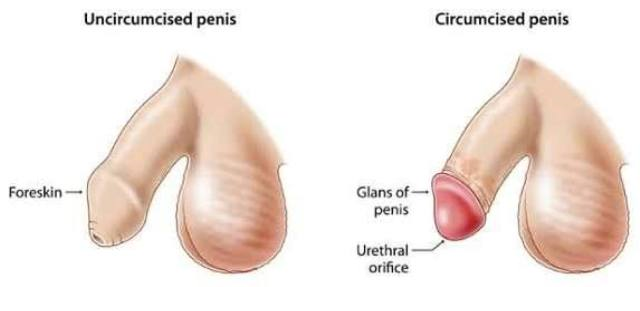About Circumcision Treatment
Circumcision is the surgical removal of foreskin, the skin covering the tip of the penis. Circumcision is an ancient practice that has its origin in religious rites. Today, many parents have their sons circumcised for religious or other reasons. It can be a matter of family tradition, personal hygiene or preventive health care. Sometimes there’s a medical need for circumcision, such as when the foreskin is too tight to be pulled back (retracted) over the glans. In other cases, like in certain parts of Africa, circumcision is recommended for older boys or men to reduce the risk of certain sexually transmitted infections.
TREATMENT:
Alisklamp is a new generation disposable circumcision clamp device. It has been recently introduced in India, and works on the basis of an advanced circumcision technique.
Circumcision using the Alisklamp technique is extremely simple and safe. After cleaning the area, local anesthesia is given. At times, just a local anesthetic spray is also sufficient. The Alisklamp device has 2 parts : a plastic tube and a plastic clamp . During the procedure the plastic tube is placed over the glans penis to secure it. The extra foreskin is pulled over the plastic tube. The clamp is then applied on the plastic tube over the foreskin, which strangulates the foreskin in a 360 degree round circular fashion. There is no bleeding, and because the nerve supply is cut off, there is no sensation of pain too. The extra foreskin which is on the tube above the clamp is removed by making a clean cut on it.

BENEFITS:
Reduced risk of urinary tract infections: Circumcised infants are less likely to develop urinary tract infections, especially in the first year of life. UTIs are about 10 times more common in uncircumcised males than circumcised infants. Severe infections early in life can lead to kidney problems later on Better hygiene: It makes it easier to keep the end of the penis clean.
Reduced risk of sexually transmitted disease: Circumcision reduces ( although not eliminates ) the risk of certain sexually transmitted diseases, including HIV. However, although an individual is circumcised, all safe sexual practices still remain an absolute.
Reduced risk of penile problems: Penile problems such as inflammation and infection are more common in uncircumcised individuals.
Decreased risk of penile cancer: Cancer of the penis is less common in circumcised men. Also, cancer of cervix was found to be less common in female partners of circumcised men
While much has been written on the philosophy and promise of interdisciplinary in academic programs and professional practice
©Prominent Adworks
